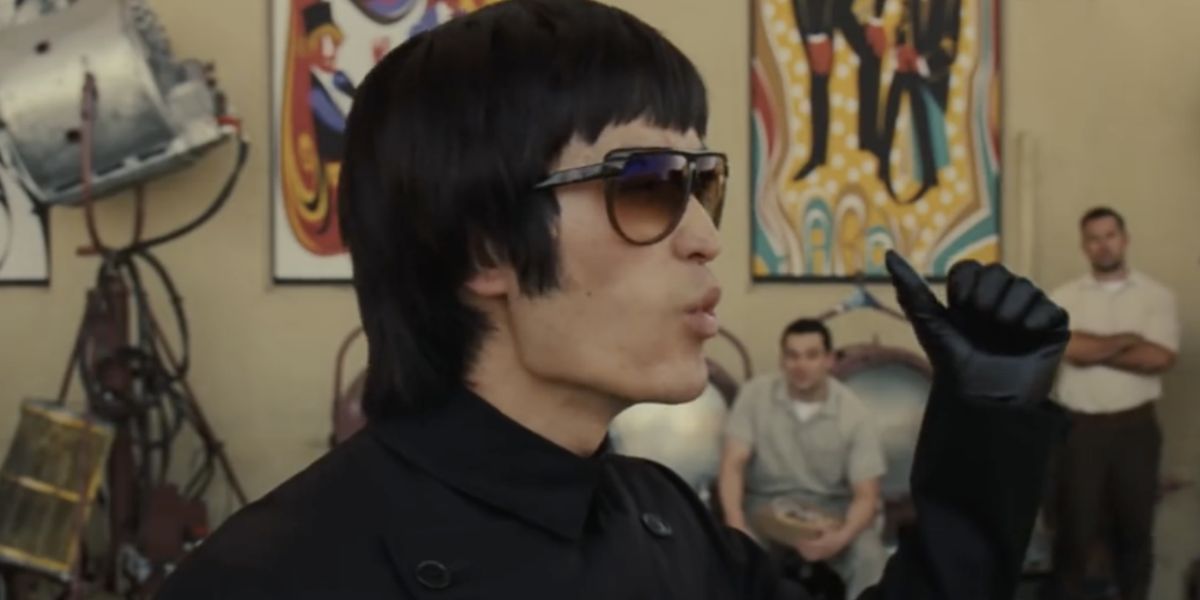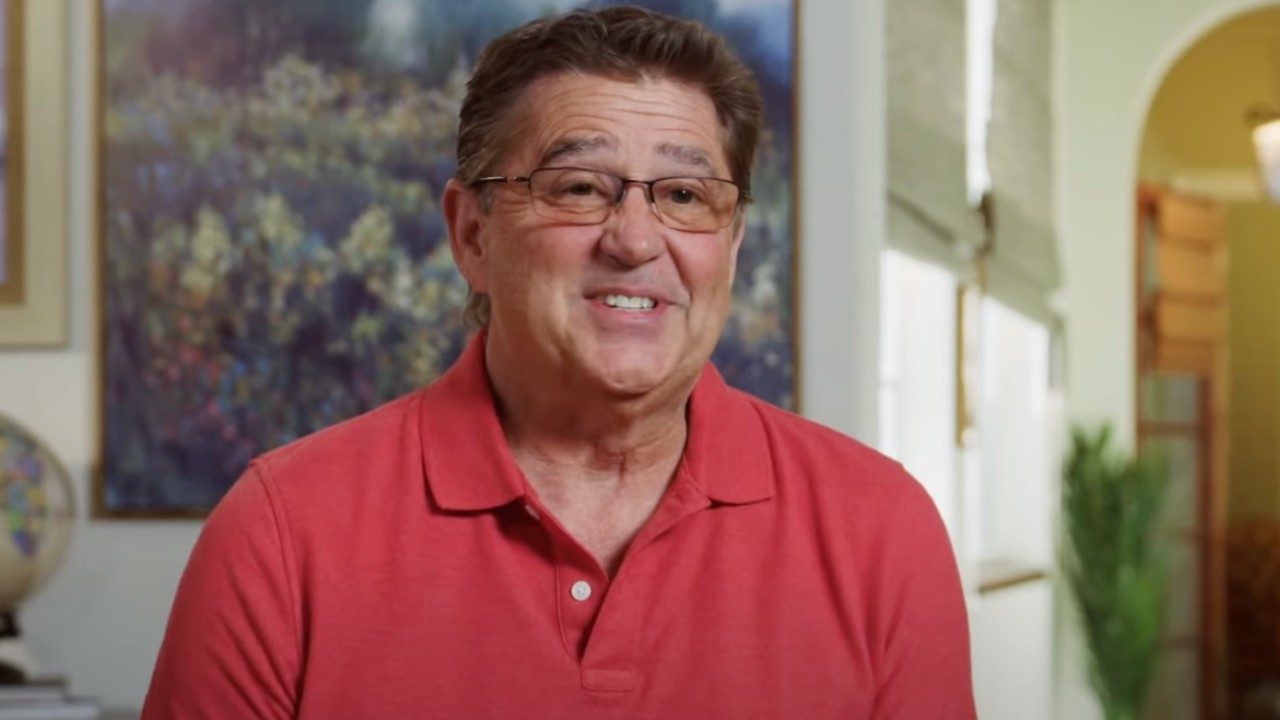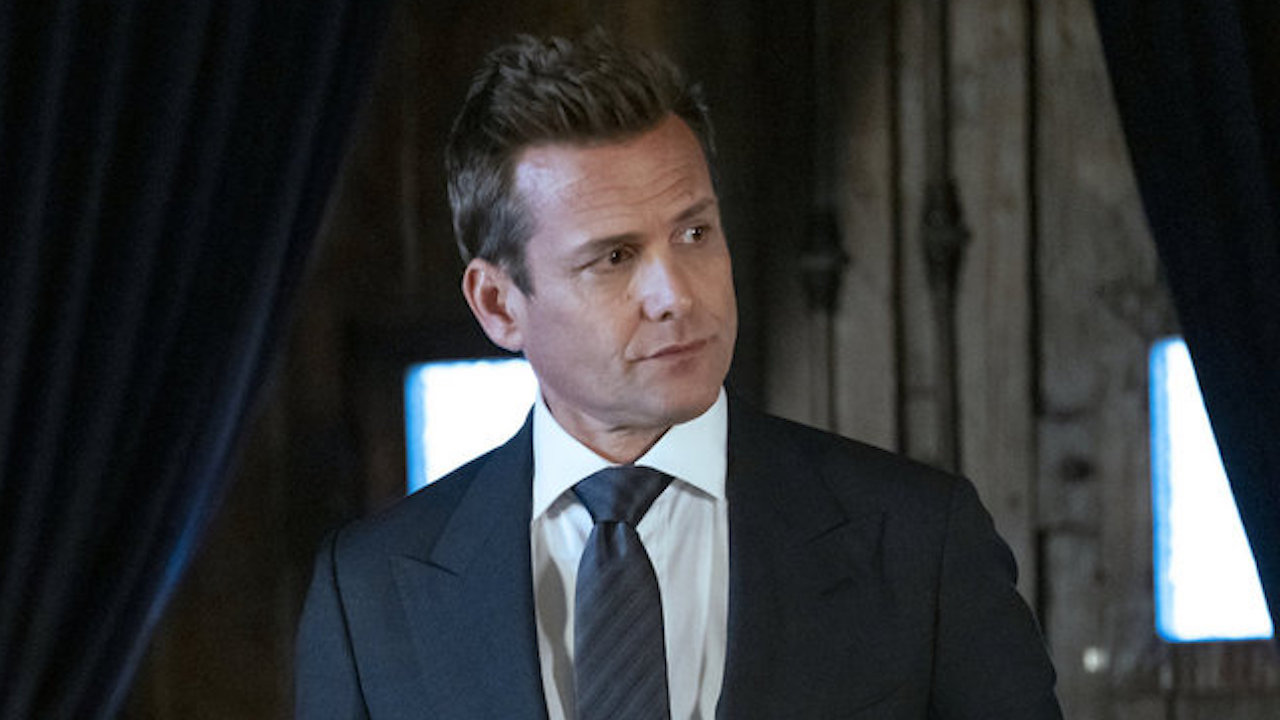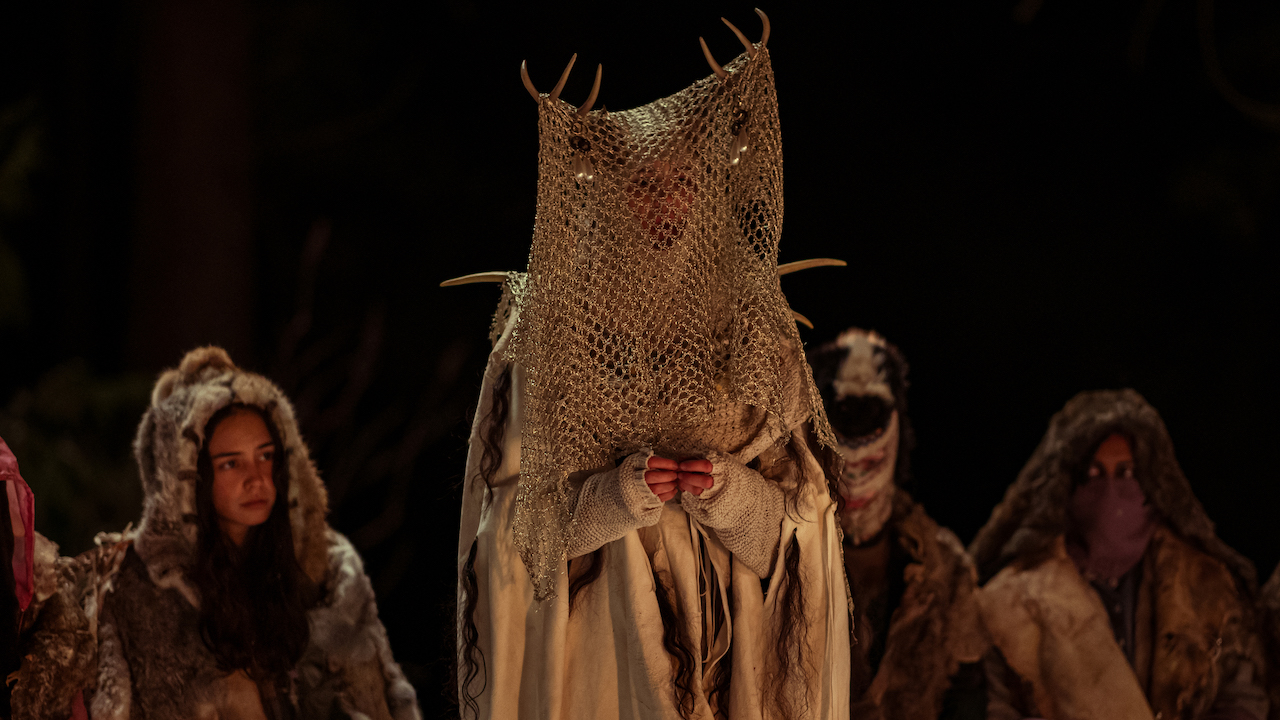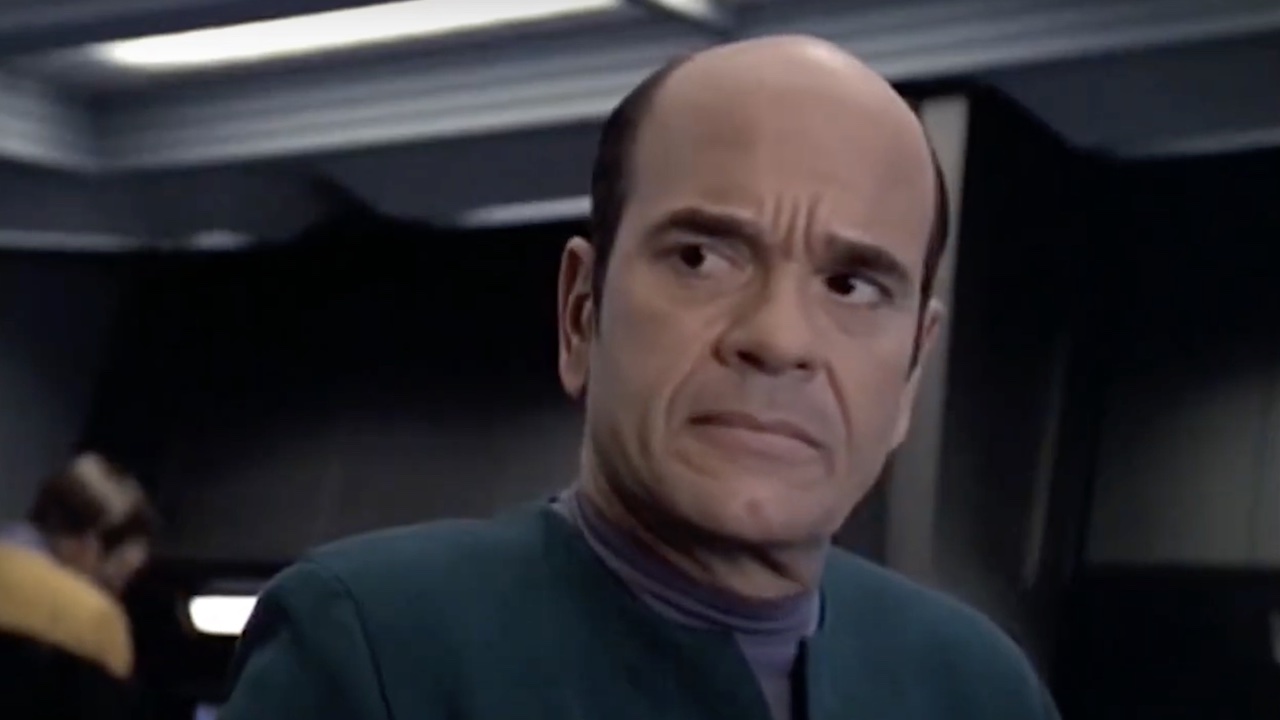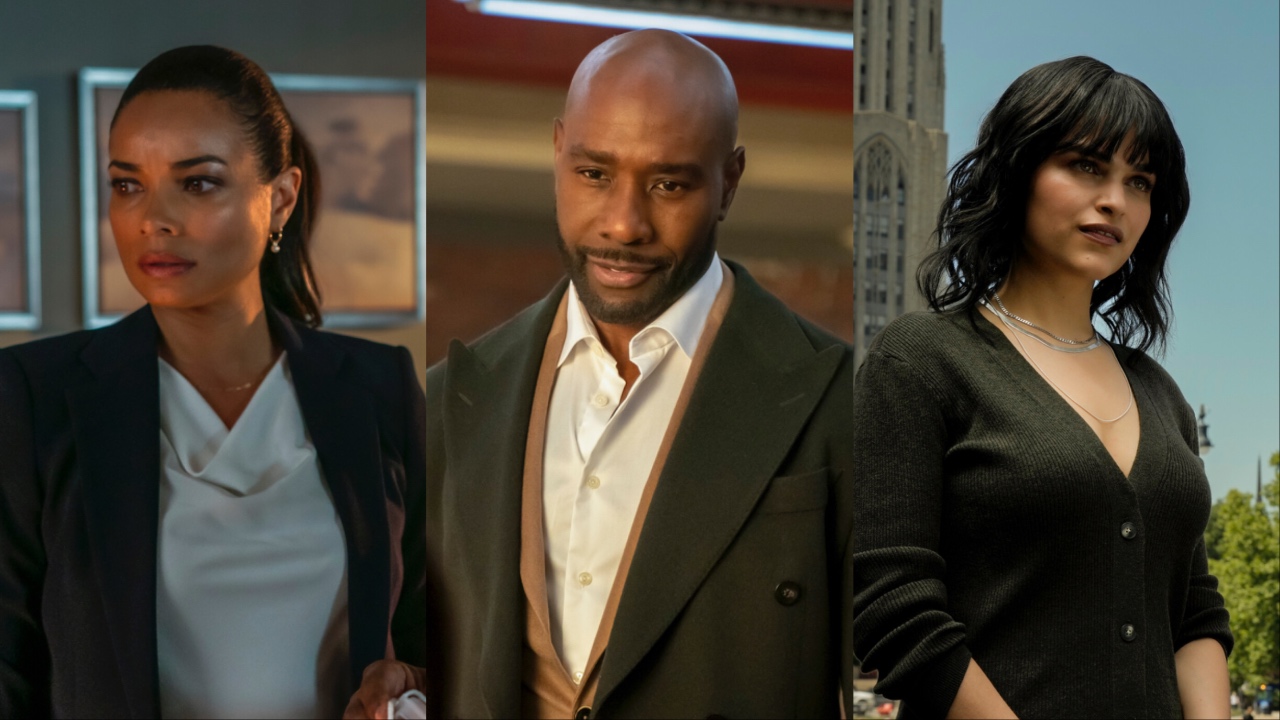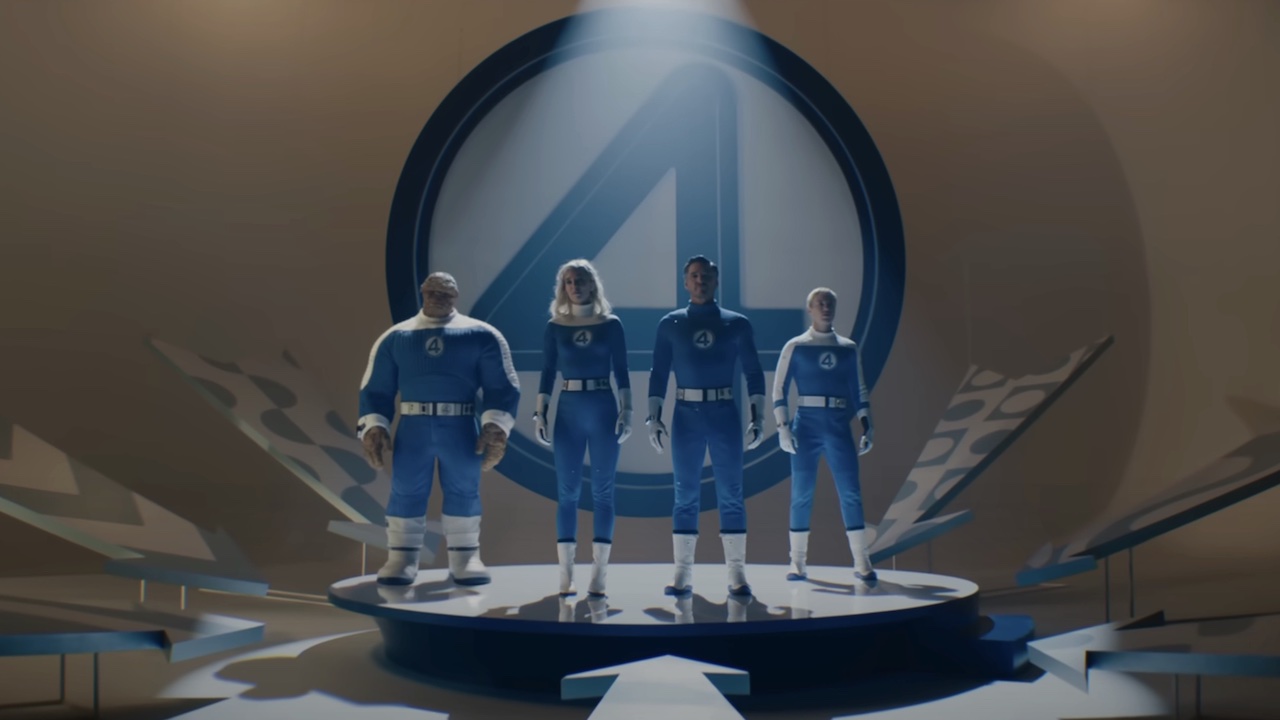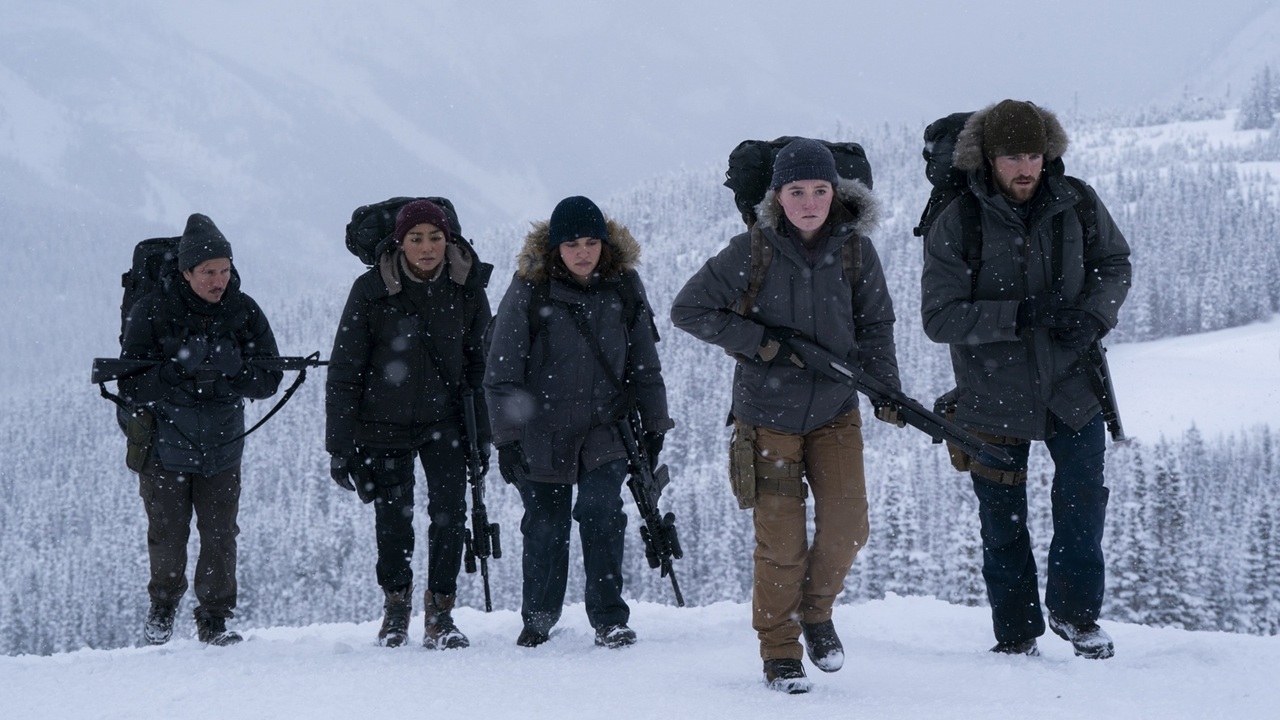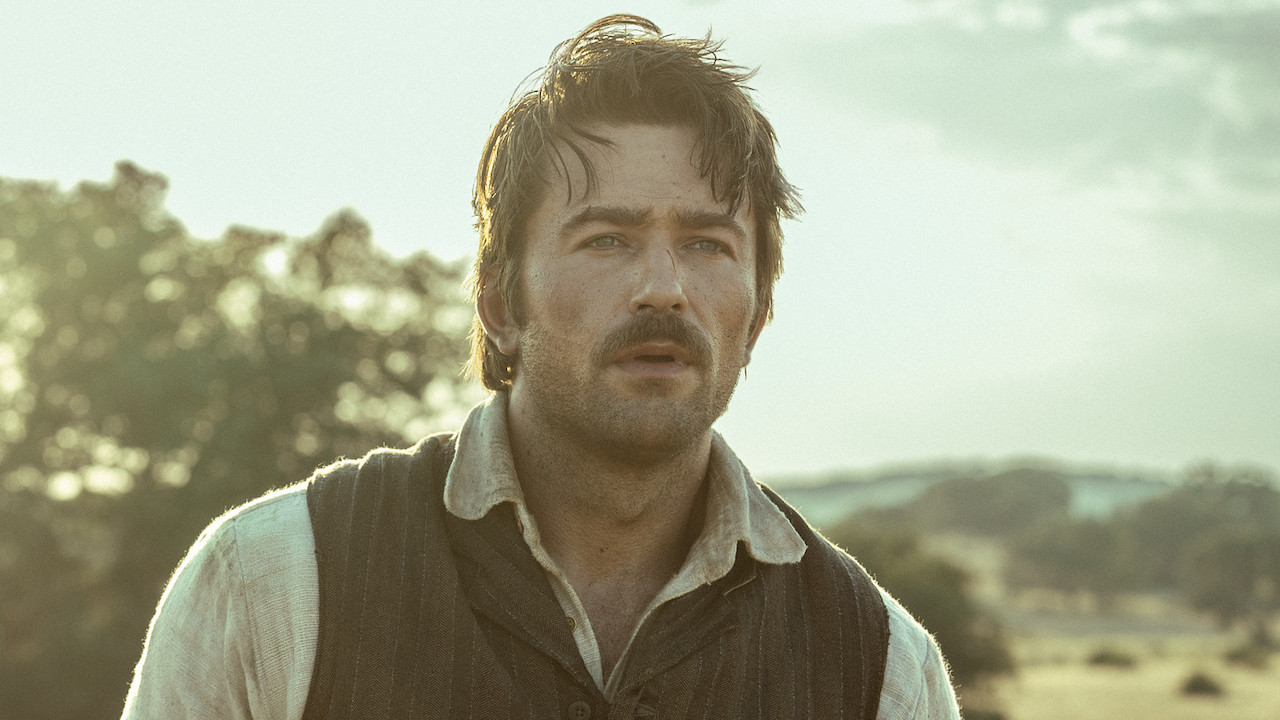Kareem Abdul-Jabbar Has Weighed In On HBO Max’s Gone With The Wind Controversy
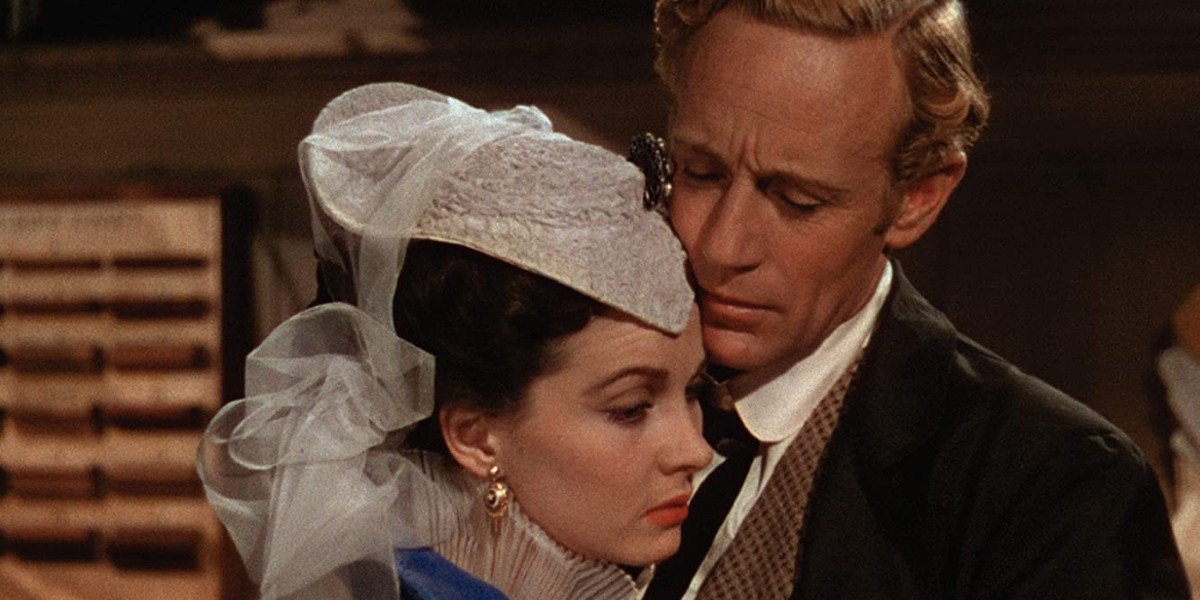
HBO Max’s Gone With The Wind controversy first started after civil rights protests broke out across the nation. On June 9th, John Ridley, the screenwriter of 12 Years a Slave, wrote an op-ed in the Los Angeles Times calling on HBO Max to temporarily remove Gone With The Wind from its library because it “romanticizes the horrors of slavery.” Now, Kareem Abdul-Jabbar has weighed in.
In his op-ed at THR, Kareem Abdul-Jabbar expressed his own thoughts on the Gone With The Wind temporary removal from HBO Max, saying he has mixed feelings about John Ridley’s piece, especially the film's depictions of Confederacy and slavery. And he also gave some of his own ideas on how we should approach art when it deals with these issues. Here’s what the basketball player/writer/ actor said:
What we need is a way to present art within its historical context so the works can still be available and appreciated for their achievements but not admired for their cultural failings. The easiest way would be to include an introductory explanation—filmed or written—that explains that the work contains harmful racial or gender stereotypes that were acceptable at the time but which we now know are harmful. Links to further discussions and information also could be provided. That is the bare basics of what we should do to emphasize that these portrayals are no longer acceptable. To do nothing is a tacit endorsement of their destructive messages. And, like vaping, prolonged exposure causes damage to our children. We put a warning label on one, why not the other.
It should be noted that HBO Max has removed Gone With The Wind from its library on June 10th after John Ridley’s op-ed. Warner Media commented that the movie’s depictions are counter to their values. But said movie will eventually return, in a slightly different form.
Clearly these are very sensitive issues in our culture today. And Warner Media and HBO Max are certainly not the first to have dealt with issues of racism depictions in past films. Other studios like Disney have had to ban their old movies due to content no longer considered appropriate. In his comments, Kareem Abdul-Jabbar later added:
Art can either inform us of past follies or it can perpetuate them. Movies and TV shows that display the subjugation, humiliation, or marginalization of anyone are like the Confederate monuments: they have a place in history as both manifestations of and warnings against our ignorance. In contemporary life, they are weighty anchors pulling us down to the bottom while the rest of the world swims freely toward the future.
The controversy doesn’t really stop at HBO Max. Soon after it was taken off the streaming service, reports came in that Gone With The Wind skyrocketed on Amazon’s movie charts, with even the DVD copies hitting #1. Its mostly forgotten TV sequel Scarlet even saw a boost in sales, putting it at number 30 on the charts.
We don’t know when Gone With The Wind will return to HBO Max. However, when it does, it will be feature a new introduction by Turner Classic Movies host Jacqueline Stewart. Stewart said it’s important these movies are available as teaching moments because “Gone With The Wind is a prime text for examining expressions of white supremacy in popular culture.”
CINEMABLEND NEWSLETTER
Your Daily Blend of Entertainment News
